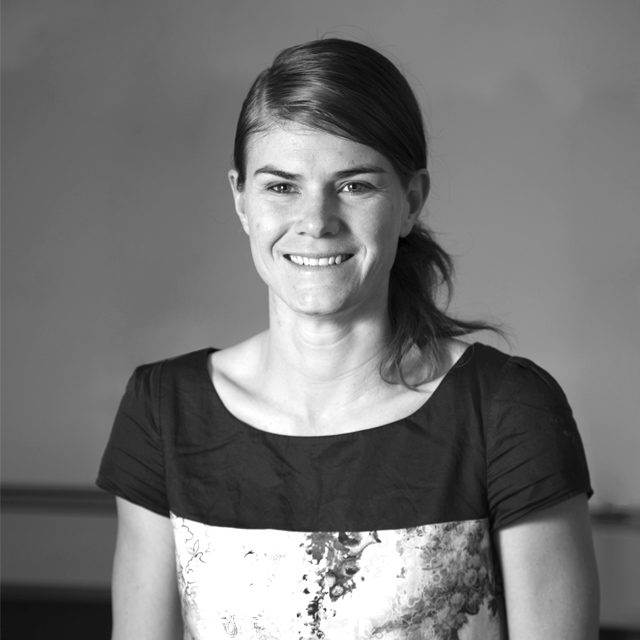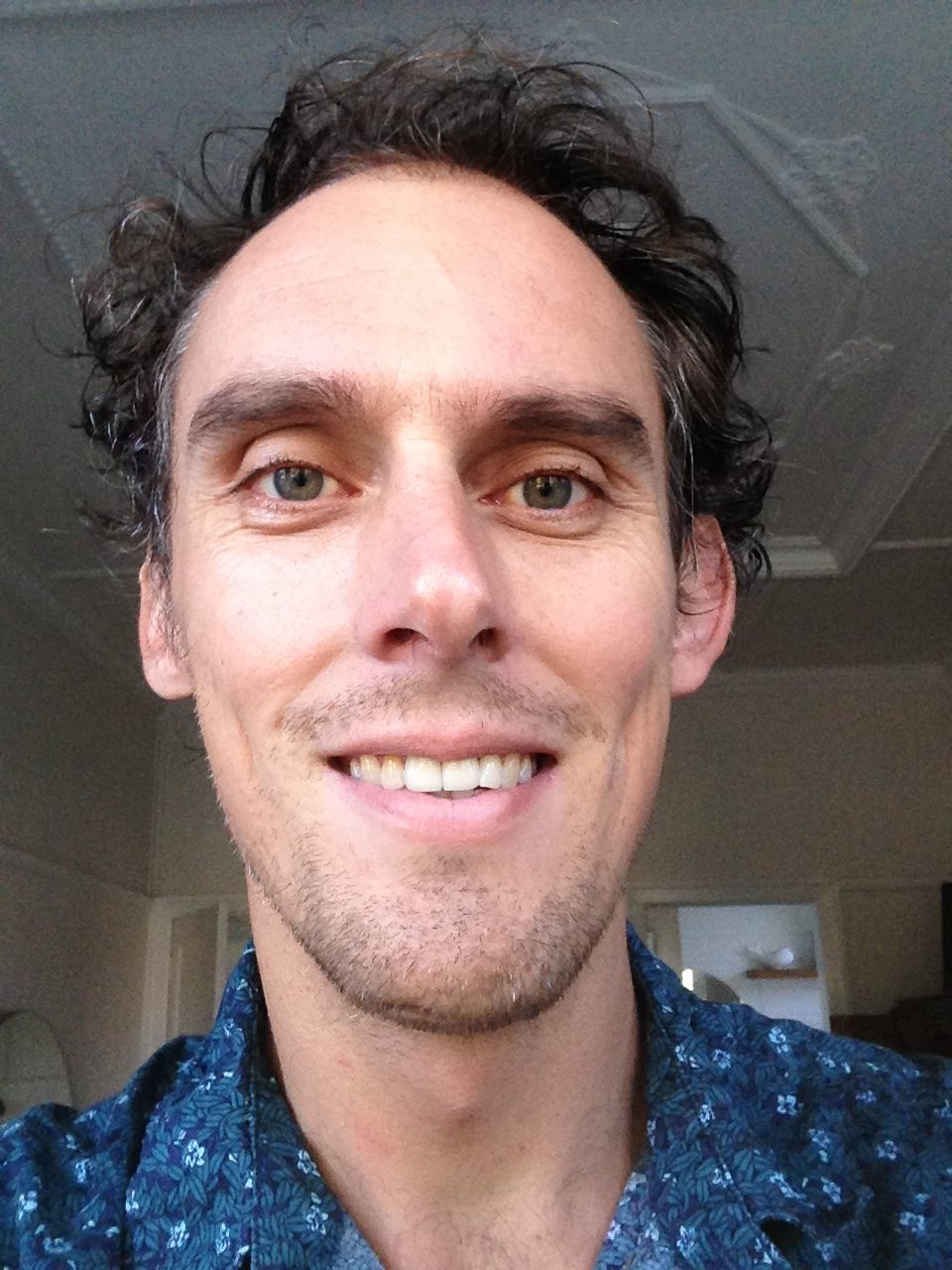‘Do not leave yourself behind as you work to ensure no one is left behind’, (Srilatha Batliwala, Keynote at RDI Conference, 2019).
The Sustainable Development Goals and targets aimed at improving access to WASH are also an opportunity for the transformation of gender norms. To facilitate this transformation, this paper makes a call to action for global and national efforts for organizational, professional, and personal change. This paper presents a number of examples – from headquarters, and others from country offices and research institutes – of the changes under way to support a stronger connection between the ‘outer faces’ of WASH professionals in the sector and the individual, personal inner spaces. The paper concludes with a set of recommendations for personal and organizational change.
Who might find this resource useful and why?
Who: WASH professionals in NGOs at headquarters, and others from country offices and research institutes
Why: To date, little attention has been paid to the changes in beliefs, attitudes, and behaviours of WASH practitioners and researchers, to facilitate gender equality changes at personal, and organisational levels. The paper argues that professionals across the WASH sector should assess their own attitudes and practices through an ongoing reflective process of training and monitoring activities. For instance, by reflecting on the ways that the knowledge and experience of those from the Global North are prioritised and privileged in organisational cultures, programs, and practices. This is intended to promote meaningful personal reflection by individuals and within the organisations in which we work, to consider how our positionality influences our work, and what we can do to advance transformative approaches.











